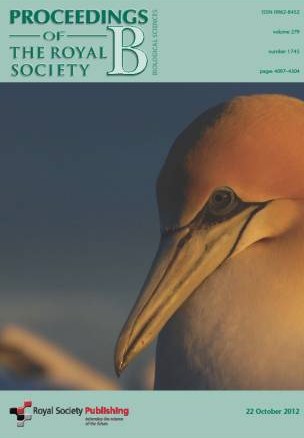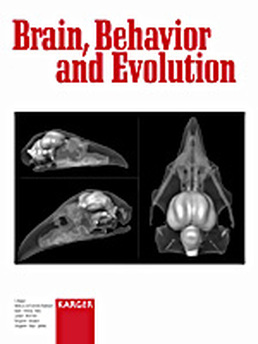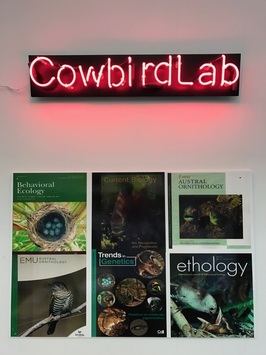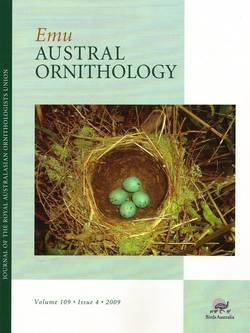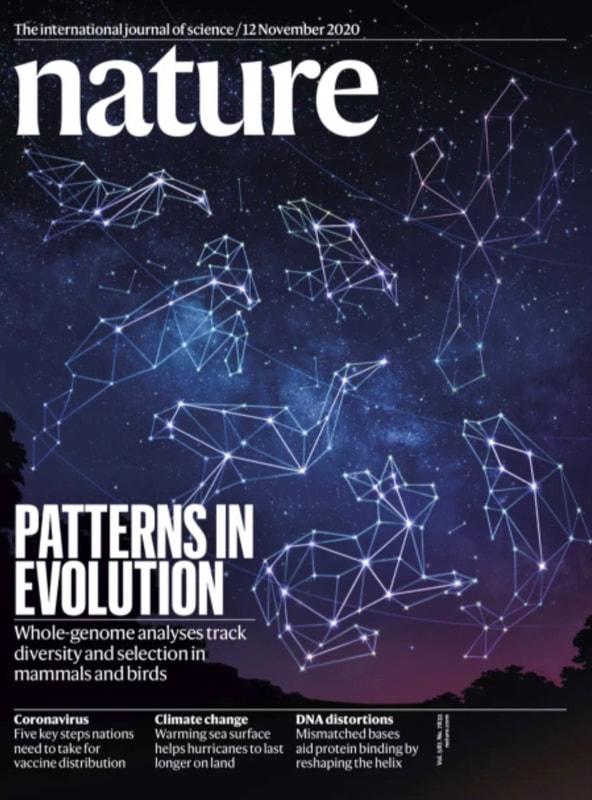Research by Prof. Mark Hauber, Department of Animal Biology, School of Integrative Biology, University of Illinois, Urbana-Champaign, USA
|
I am a professor and behavioral ecologist, conservation scientist, and comparative psychologist, focusing on the evolution of recognition systems, and using land- and seabirds to address questions about how individuals recognize themselves, their mates, their young, their prey, and their predators. Shifting gears between behavioral, developmental, and molecular tools, my lab has been studying the social and genetic consequences of species recognition in avian brood parasites, such as cuckoos and cowbirds. We also explore the cogntive and neurophysiological bases of self/other discrimination critical for the social functioning of individuals, including crowded nests, dense seabird colonies, and even large human settlements. We use comparative and genetic tools, chemical and physical models, and perceptual and mathematical models to understand how individuals make the decisions which are critical for their survival and success, including sexual reproduction.
I also have a strong interest in the neural basis of the perception of functionally significant social displays, such as courtship songs, alarm signals, and territorial calls. In addition, I have studied alternative foraging tactics and strategies of stationary predators such as spiders and antlions. Accordingly, my further interests in behavioral, conservation, and evolutionary ecology include studying counterintuitive communication systems, psychological mechanisms, and interspecific interactions.
I received a B.S. in Biology and Organismal Biology summa cum laude at Yale University and a Ph.D. in Neurobiology and Behavior at Cornell University. For my postdoctoral training I worked as a Miller Research Fellow in Integrative Biology and Psychology at the Museum of Vertebrate Zoology, University of California, Berkeley. I also hold a Masters of Science in Psychology with distinction from Victoria University of Wellington, and hold a DSc in Biological Sciences from the University of Auckland, both in New Zealand.
Prospective doctoral, master's and honors students who are interested in participating in some of these studies or would like to pursue an independent project in behavioral and recognition systems under my supervision are encouraged to get in touch via e-mail with a short statement of their backgrounds and interests: mhauber "at" illinois dot edu |
Using hypothesis-driven comparative methods and meta-analyses, theoretical modeling and simulations, and direct observations and experimental treatments in the field and the lab, I test predictions of co-evolutionary arms-race hypotheses between parasites and their hosts. Research in my lab has been funded by the Human Frontier Science Program, the New Zealand Marsden Fund, the National Geographic Society, the Royal Society of New Zealand, the Leverhulme Trust Fund, the USA-Israeli Binational Science Foundation, the USA National Science Foundation, and the US Department of Agriculture.
Much of all this research relies on collaborations with other scientists, and I have co-authored many articles with graduate and undergraduate students who participated in my studies. In particular, recent research by my graduate and summer students have included investigations of experimental tests of the antipredator responses of endangered shorebirds, habitat use and population dynamics of top predators following pulsed and ongoing predator removals, the social behaviors and vocalisations of nocturnal colonial petrels, the dispersal strategies of native passerines from mainland islands into non-managed land, sexual dimorphism and behavioral ecology of the cuckoo-hosts, the breeding and foraging ecology of gannets and penguins, and the mechanistic bases of species recognition in zebra finches.
|
